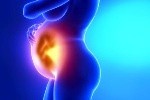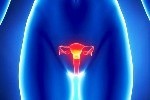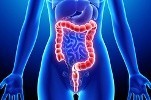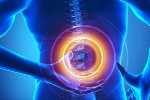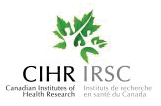Nack Pain
Pain located in the neck is a common medical condition. Neck pain can come from a number of disorders and diseases of any tissues in the neck. Examples of common conditions producing neck pain are
• Degenerative disc disease
• Neck strain
• Neck injury such as in whiplash,
• Herniated disc, or a pinched nerve
Neck pain can come from conditions directly affecting the muscles of the neck, such as fibromyalgia and polymyalgia rheumatica. Neck pain is also referred to as cervical pain.
Risk factors for neck pain include injury from involvement in contact sports, motor vehicle accidents, bull or bronco horse riding, etc. Prevention of neck pain in the context of these activities
should include neck strengthening exercises and often neck bracing.
Symdrone
• Dull aching. Sometimes pain in the neck is
• Worsened with movement of the neck sometimes.
• Numbness, tingling, tenderness, sharp shooting pain, fullness,
• Difficulty swallowing, pulsations,
• Swishing sounds in the head,
• Dizziness or lightheadedness, and lymph node (gland) swelling.
Neck pain can also be associated with
• Headache,
• Facial pain,
• Shoulder pain, and
• Arm numbness or tingling (upper extremity paresthesias).
These associated symptoms are often a result of nerves becoming pinched in the neck. For example, compressing the nerve of sensation to the back of the head, which comes out of the neck, causes headaches in the back of the head. Depending on the condition, sometimes neck pain is accompanied by upper back and/or lower back pain, as is common in inflammation of the spine from ankylosing spondylitis.
Diagnosis
In diagnosing the cause of neck pain, it is important to review the history of the symptoms. In reviewing the history, the doctor will note the location, intensity, duration, and radiation of the pain. Any past injury to the neck and past treatments are noted. Aggravating and/or relieving positions or motions are also recorded.
The neck is examined at rest and in motion. Tenderness is detected during palpation of the neck. An examination of the nervous system is performed to determine whether or not nerve involvement is present.
Further testing of undiagnosed neck pain can include X-ray evaluation, CAT scan, bone scan, MRI scan, myelogram, and electrical tests such as electromyography (EMG) and nerve conduction velocity test
(NCV).
Treatment in General Opinion
The treatment of neck pain depends on its precise cause. Treatment options include
• Rest,
• Heat or cold applications,
• Traction,
• Soft collar traction,
• Physical therapy (ultrasound, massage, manipulation),
• local injection of cortisone, or anesthetics,
• Topical anesthetic creams, topical pain patches,
• Muscle relaxants, analgesics, and
• Surgical procedures.
Home remedies for treatment, such as Jacuzzi treatment, neck pain relief exercises and stretches, and neck pain relief products such as neck pillows for sleep and hot pads can be very beneficial for relief of some forms of neck pain. There are many treatment options, depending on the particular neck problem and past treatment experiences.
Alternative treatments that have been used for chronic neck pain include acupuncture.
Contact Us
Chalmers Medical Building
328 Hwy 7 East Suite 201,
Richmond Hill ON L4B 3P7
Tel: 416 399-3888
E-mail: info@aahclinic.com
Conditions Treated
Effective Herbal Therapy for Inflammatory Bowel Disease
NO Surgery!
Carolyn XU Treats Ulcer Colitis Successfully
Considering Therapy?
Resource Links
References
Donation
Great things happen when you put your heart into it.
Click Here to Send us your request
Tips
Questions about your first appointment or if your insurance will cover the cost? Find more information below.


